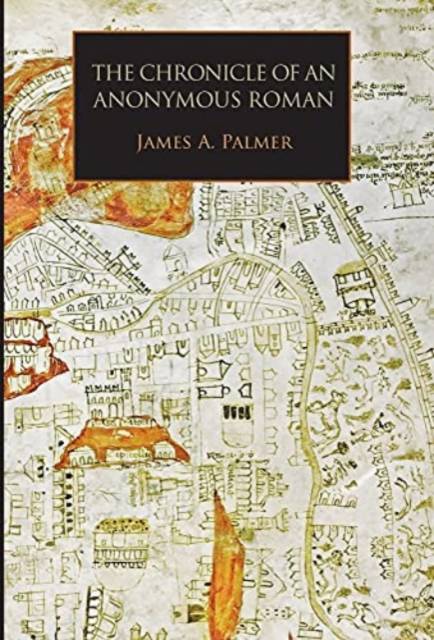
- Retrait gratuit dans votre magasin Club
- 7.000.000 titres dans notre catalogue
- Payer en toute sécurité
- Toujours un magasin près de chez vous
- Retrait gratuit dans votre magasin Club
- 7.000.0000 titres dans notre catalogue
- Payer en toute sécurité
- Toujours un magasin près de chez vous
Description
The Chronicle of an Anonymous Roman is a treasure of history writing and of medieval Italian literature. It was written by an unknown fourteenth-century Roman, probably a physician and a first-hand witness to many of the events he records. It offers the most important narrative of late medieval Rome during the Avignon papacy, situating the city in a broadly Mediterranean and European context. Most famously, it provides our most detailed account of late medieval Rome's most famous son, Cola di Rienzo. The author deserves our gratitude for his vivid depiction of Cola, a charismatic man of humble birth but astonishing talent who rose to dominate Rome not once but twice.
Yet this marvelous work, which provides insights and information we can find nowhere else, very nearly did not survive. From the time it was written, it has all too often tended to be read in a piecemeal, selective manner. Until recently it was neglected by modern specialists unsure of how to categorize it or the fourteenth-century Rome it describes. Scholars have now come to cherish this chronicle both as a brilliant literary product and as a rich source of historical data about late medieval Italy.
Written in Romanesco, the chronicle leads us through the streets, rioni, and palaces of Rienzo's Rome. But it also offers keen observations on Milan, Florence, Naples, and the Romagna; on Iberia, the eastern Mediterranean, France, and Hungary.
James A. Palmer presents the first complete English translation of the Anonimo Romano. He captures the style, spirit, and wry irony of this master historian. Palmer's introduction examines the text, its mysterious author, and the world in which he wrote. He brings us a primer on fourteenth-century Italy and explores the moral and political examples and lessons that the Anonimo Romano offered his contemporary audience.
Spécifications
Parties prenantes
- Auteur(s) :
- Editeur:
Contenu
- Nombre de pages :
- 346
- Langue:
- Anglais
- Collection :
Caractéristiques
- EAN:
- 9781599103846
- Date de parution :
- 01-07-21
- Format:
- Livre relié
- Format numérique:
- Genaaid
- Dimensions :
- 140 mm x 216 mm
- Poids :
- 571 g

Les avis
Nous publions uniquement les avis qui respectent les conditions requises. Consultez nos conditions pour les avis.






